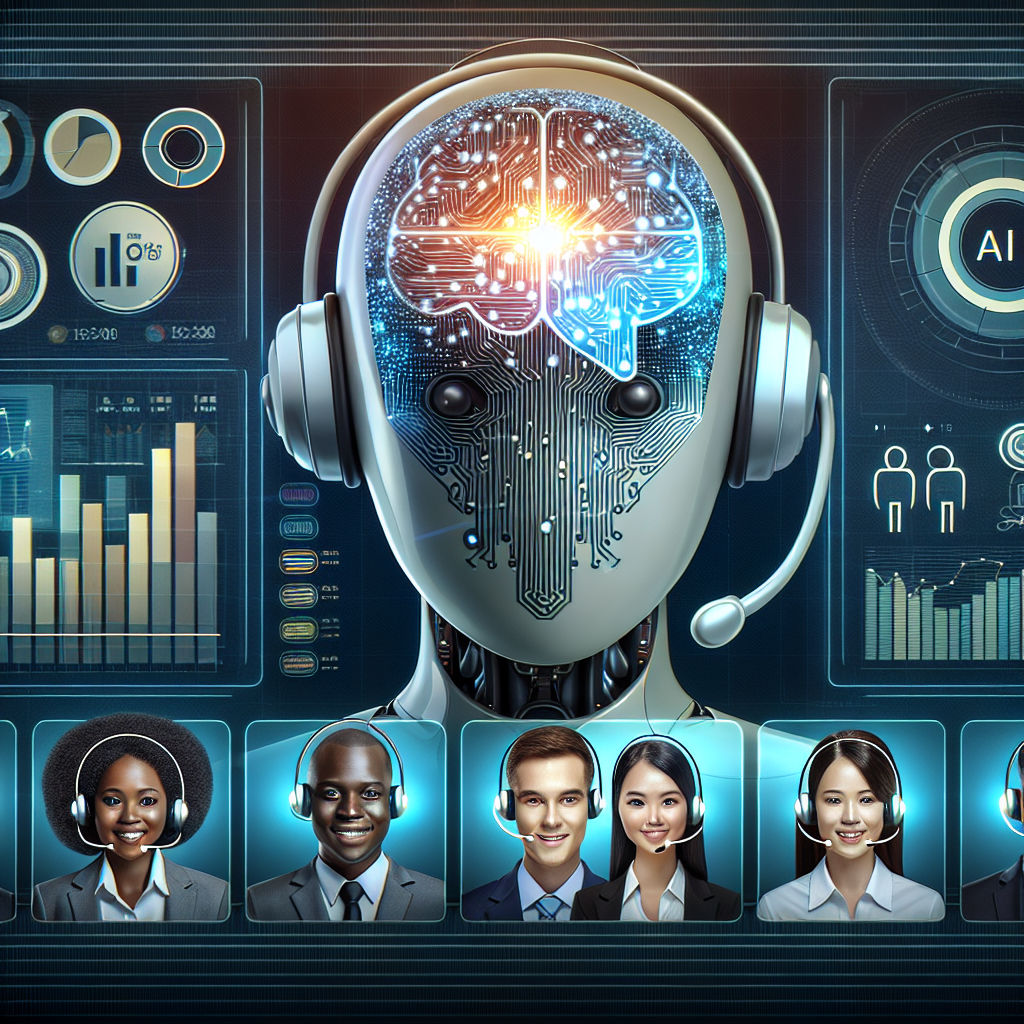In recent years, Artificial Intelligence (AI) has revolutionized the way businesses interact with customers. One area where AI has had a significant impact is in predictive customer service analysis and insights. By utilizing AI algorithms and machine learning techniques, businesses can now predict customer behavior, preferences, and needs with a high degree of accuracy. This enables companies to provide personalized and proactive customer service, leading to increased customer satisfaction and loyalty.
The Role of AI in Predictive Customer Service Analysis and Insights
AI has the ability to analyze vast amounts of customer data in real-time, allowing businesses to make data-driven decisions that enhance the customer experience. By leveraging AI-powered predictive analytics, businesses can anticipate customer needs and preferences before they are even expressed. This allows companies to provide targeted and personalized recommendations, offers, and solutions to customers, ultimately leading to higher levels of customer satisfaction and loyalty.
One of the key ways AI is used in predictive customer service analysis is through sentiment analysis. By analyzing customer interactions, feedback, and social media posts, AI algorithms can determine the sentiment of customers towards a brand or product. This information can then be used to tailor customer service interactions and marketing campaigns to better meet the needs and expectations of customers.
AI can also be used to predict customer behavior and preferences. By analyzing past customer interactions, purchase history, and demographic data, AI algorithms can predict what products or services a customer is likely to be interested in. This allows businesses to tailor their offerings to individual customers, increasing the likelihood of a successful sale.
Another way AI is used in predictive customer service analysis is through customer churn prediction. By analyzing customer behavior and engagement patterns, AI algorithms can predict which customers are at risk of churning. Businesses can then take proactive steps to retain these customers, such as offering targeted promotions or incentives.
Overall, the role of AI in predictive customer service analysis and insights is to help businesses better understand and anticipate customer needs, preferences, and behavior. By leveraging AI-powered predictive analytics, businesses can provide personalized and proactive customer service that ultimately leads to increased customer satisfaction and loyalty.
FAQs
Q: How does AI analyze customer data in predictive customer service analysis?
A: AI analyzes customer data by using algorithms and machine learning techniques to identify patterns, trends, and correlations in the data. This allows businesses to make data-driven decisions that enhance the customer experience.
Q: How can businesses use AI to predict customer behavior and preferences?
A: Businesses can use AI to predict customer behavior and preferences by analyzing past customer interactions, purchase history, and demographic data. By identifying patterns in the data, businesses can predict what products or services a customer is likely to be interested in.
Q: How does AI help businesses retain customers through predictive customer service analysis?
A: AI helps businesses retain customers through predictive customer service analysis by identifying customers who are at risk of churning. By taking proactive steps to retain these customers, such as offering targeted promotions or incentives, businesses can increase customer loyalty and satisfaction.
Q: What are some of the benefits of using AI in predictive customer service analysis and insights?
A: Some of the benefits of using AI in predictive customer service analysis and insights include increased customer satisfaction, higher levels of customer loyalty, and improved customer retention. By leveraging AI-powered predictive analytics, businesses can provide personalized and proactive customer service that meets the needs and expectations of customers.

